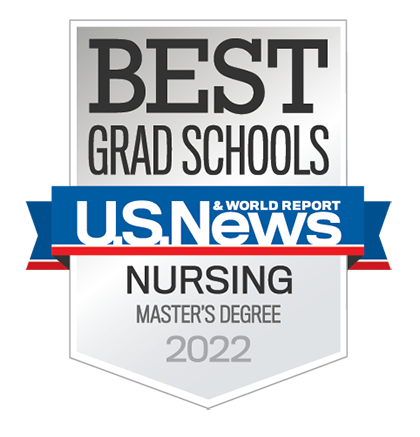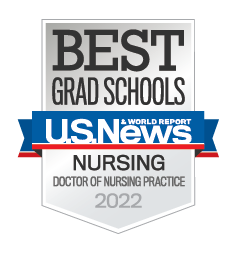埃尔南德斯检查食品储藏室的使用方式


COVID-19大流行的后遗症,耦合with inflation and rising fuel costs, prompted a Cizik School of Nursing at UTHealth Houston faculty member to study the usage patterns of food bank resources.
Daphne Hernandez, PhD, MSEd, FAAHB, associate professor in the Department of Research, is the primary investigator of a $209,647 grant from Feeding America that is studying food pantry usage across two major metro areas: Houston, Texas, and Atlanta, Georgia. Cizik School of Nursing serves as the study's lead site.
“The primary goal of the research is to determine clients’ patterns of using ‘choice’ versus 'nonchoice' food pantries and how they impact food insecurity. A ‘choice’ model is where clients have the opportunity to choose which foods they want to bring home, whereas a ‘nonchoice’ pantry is where clients receive a box of preselected food," said Hernandez. “We also are examining who utilizes food pantries, usage patterns, and clients’ overall satisfaction, with the end goal of influencing how pantries operate so people who use them can derive the most benefit.”
Hernandez said that so far, her team’s research is leaning more towards “choice pantries” as being the best option as they provide more access to fresh fruits and vegetables, whereas “nonchoice” food pantries typically do not have a wide variety of food. The “nonchoice” food pantries, however, may be beneficial to those with disabilities and who lack mobility because clients are not required to get out of their vehicles to pick up a box of food.
“Examining which model of food pantry is the most effective for people will hopefully help us improve how these agencies work and benefit the people who need them the most,” said Hernandez.
To conduct this research, Hernandez and her team selected five “choice” pantries and five “nonchoice” pantries associated with the Houston Food Bank, and another set of pantries associated with the Atlanta Community Food Bank. Each city began interviewing 750 clients of each type in May. The clients participate in a survey, available in both English and Spanish, asking questions about their experience at food banks, including how current economic conditions impact their ability to provide food for their families.
“参与者说他们必须做出经济权衡。平均而言,超过三分之一的参与者不得不决定购买食品与购买医学,支付其公用事业,租金或抵押以及运输费用。此外,一些客户(多数妇女)表示,他们必须在食物之间做出决定并为孩子提供托儿服务。”埃尔南德斯说。“实际上,我们一直在与我们合作的所有食品储藏室报告了使用的增加,尤其是最近的食物成本上涨,谈论衰退和高气价。”
The team has nearly completed its first round of interviews and plans to start its second and final round in October. After the findings are completed, Hernandez and Fred Brooks, PhD, an associate professor at Georgia State University, will share their report with the Houston Food Bank and Atlanta Community Food Bank as a tool to make changes at their ancillary food pantries to provide food for people and their families more effectively.
Other co-investigators are Cizik School of Nursing post-graduate fellow Allison Marshall and Craig Gundersen, PhD, the Snee Family Endowed Chair at the Baylor Collaborative on Hunger and Poverty. In addition, Cizik School of Nursing Master of Science in Nursing student Yessica Garcia Rodriguez is assisting with data collection through theHonors Research Program.
“粮食不安全不是一个奇异的问题;这是无所不包的,影响身心健康。”埃尔南德斯说。“可悲的是,这个话题往往只会在假期左右出现,但每年365天都会影响人们。这是我们不能忽略的,尤其是在当今的经济环境中,这使某些人在餐桌上放食物更具挑战性。”
Laura Frnka Davis


